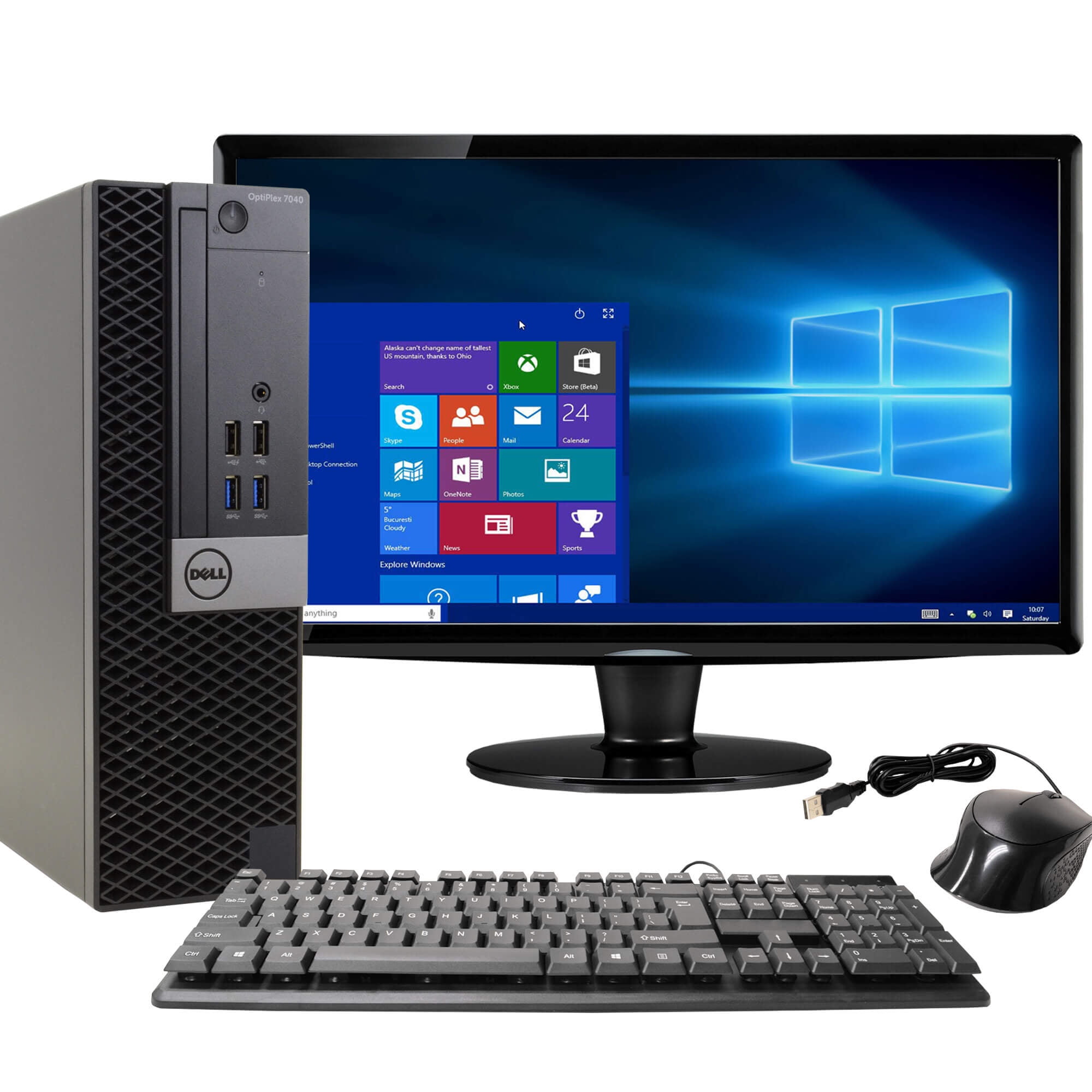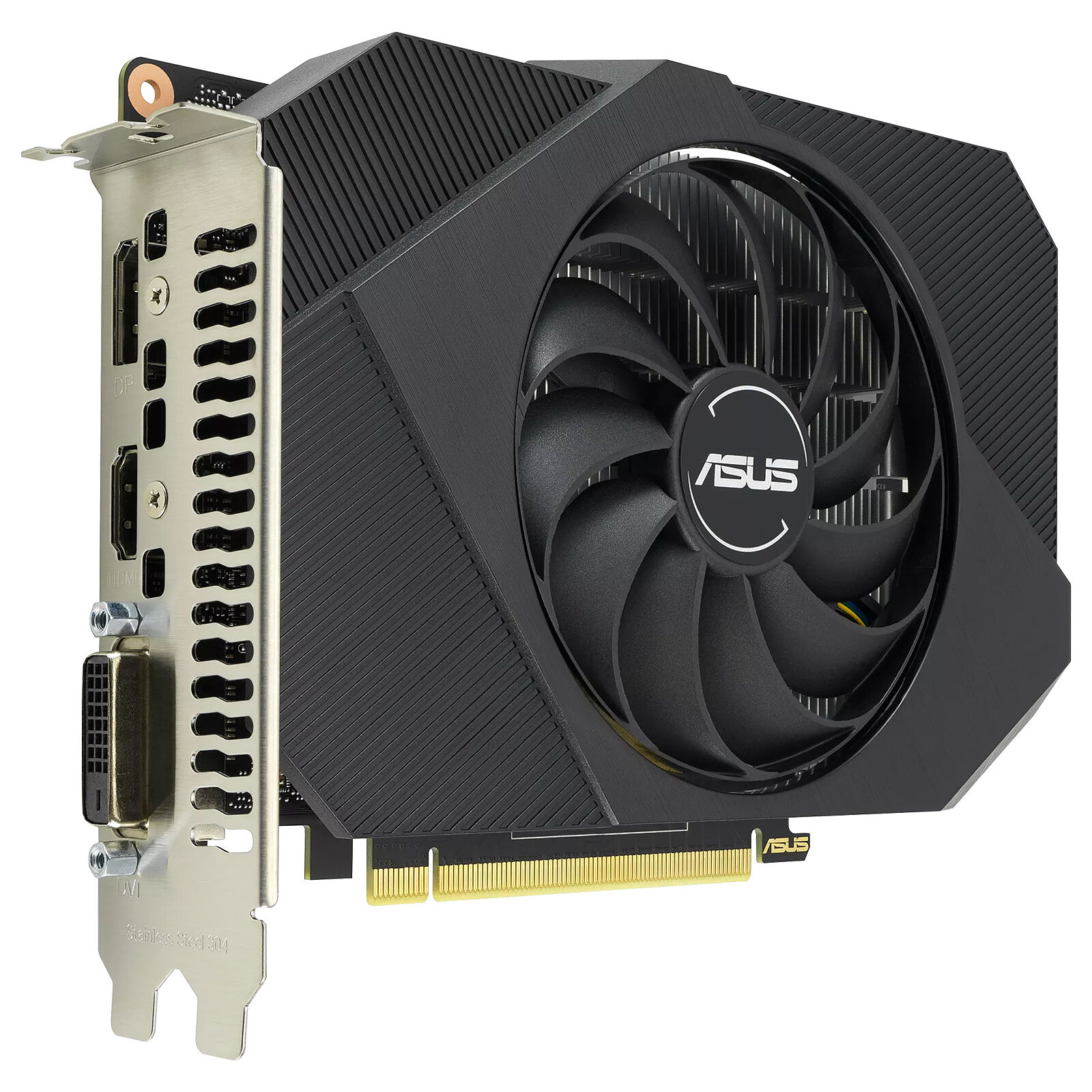Are 6 Cores Enough for Gaming? Complete Guide, Real-World Results, and Upgrade Advice
Introduction: The Core Dilemma in Modern Gaming
The question of whether 6-core CPUs are enough for gaming is common among PC enthusiasts and newcomers alike. As modern games and hardware evolve, the role of CPU core count in gaming performance has shifted. This article delivers a comprehensive, actionable guide based on the latest research and real-world benchmarks, helping you decide if a 6-core processor meets your gaming needs-or if an upgrade is worth the investment.
Understanding CPU Cores in Gaming: What Really Matters?
At its core, the CPU acts as the brain of your gaming PC, processing game logic, AI, and physics calculations. In recent years, game developers have optimized their engines to leverage more CPU cores, but the impact of core count on gaming performance is nuanced. According to comprehensive benchmarks, the latest 6-core CPUs can outperform or match older 8-, 10-, or even 12-core chips thanks to major architectural improvements, higher clock speeds, and larger caches [1] [2] [3] .
For example, AMD’s Ryzen 5 7600 (6 cores, 12 threads) demonstrates gaming performance that outpaces the older Ryzen 7 5700X (8 cores, 16 threads) in most scenarios, especially when paired with a strong graphics card and fast memory [2] . This shows that raw core count is just one factor-architecture, cache, clock speed, and memory support matter just as much.
Benchmarks: How Do 6-Core CPUs Perform in Modern Titles?
Recent tests across popular games at 1080p and 1440p resolutions show that current-generation 6-core processors deliver excellent frame rates, often rivaling or surpassing last-generation 8-core chips. For instance, the AMD Ryzen 5 7600 outpaces the Ryzen 5 3600 (also 6 cores) by as much as 100% in some titles thanks to a better architecture and faster memory support [1] .
In real-world scenarios, games like
Cyberpunk 2077
and
Starfield
run smoothly on a modern 6-core CPU, with average frame rates well above 60 FPS when combined with an appropriate graphics card
[3]
. However, the advantage of higher core counts becomes more apparent in heavily multithreaded games or when streaming, recording, or running background applications alongside gaming. In most pure gaming situations, 6 cores remain sufficient for high performance.
Architectural Improvements vs. Core Count
The performance gap between CPUs with identical core counts but different architectures can be dramatic. For example, AMD’s Zen 3 and Zen 4 architectures offer significant advantages in cache design, core communication, and instruction throughput compared to earlier Zen or Intel generations. A key issue is how older CPUs like the Ryzen 5 3600 split cores across multiple core complexes (CCX), which increases latency and can reduce gaming performance [1] [3] .
This means that a modern 6-core CPU can outperform an older 8-core chip if its architecture is more advanced. For buyers, focusing on newer generations and platform support (such as DDR5 memory and PCIe 5.0) is often a better investment than simply chasing higher core counts [2] .
Real-World Example: Gaming on the Intel Core i5-9400F
Even older 6-core CPUs, such as Intel’s Core i5-9400F, can still handle many modern games at respectable frame rates, particularly at 1080p. However, the ability to sustain high FPS in the most demanding titles is limited compared to newer processors. Users report good experiences in mainstream games, but may encounter lower minimum frame rates in CPU-intensive titles or during heavy multitasking [5] .

Source: pngtree.com
Future-Proofing: When Should You Consider More Than 6 Cores?
While 6-core CPUs are currently sufficient for most gaming scenarios, the landscape is gradually shifting. Some recent and upcoming titles are starting to leverage more threads, and gamers who stream, record, or multitask may benefit from 8 or more cores. If you plan to keep your system for several years or want to maximize performance in future releases, it may be wise to consider an 8-core or higher CPU-especially if the price difference is reasonable or you use your PC for productivity tasks as well [4] .
Implementation: How to Choose and Upgrade for the Best Results
If you’re building or upgrading a gaming PC, follow these actionable steps for the best experience:
- Identify Your Use Case: If you primarily play games and run minimal background tasks, a modern 6-core CPU is usually sufficient. For multitasking, content creation, or streaming, consider 8 or more cores for smoother performance.
- Check Compatibility: Ensure your motherboard supports the latest CPUs and memory standards (e.g., DDR5, PCIe 5.0). Upgrading to a new platform may yield better long-term value.
- Pair with a Strong GPU: Gaming performance depends heavily on your graphics card. Match your CPU with a GPU that fits your target resolution and frame rates.
- Monitor Bottlenecks: Use in-game monitoring tools or third-party software to check CPU and GPU usage. If your CPU usage is consistently maxed out in games, consider upgrading.
- Stay Updated: Keep your BIOS, drivers, and game software up to date for optimal performance and compatibility.
Alternatives and Upgrade Pathways
If you already own a 6-core CPU and are considering an upgrade, evaluate whether your current performance meets your needs. You can often extend the lifespan of your system by:
- Upgrading to faster memory if supported.
- Switching to a higher-performance graphics card.
- Optimizing background processes and system settings.
If you decide a new CPU is necessary, research the latest models from both AMD and Intel on reputable tech review sites. When in doubt, consult your motherboard manufacturer’s CPU compatibility list or contact their support team for upgrade advice. For personalized recommendations, consider searching for recent gaming CPU buying guides from established review outlets like Tom’s Hardware or TechSpot.
Summary: Is 6 Cores Enough for Gaming in 2025?
The latest evidence confirms that a modern 6-core CPU delivers excellent gaming performance in nearly all current titles, provided it is based on a recent architecture and paired with a capable graphics card. For most gamers, this is a cost-effective and futureproof choice. However, if you plan to stream, multitask heavily, or keep your system for many years, upgrading to 8 or more cores may provide additional peace of mind. Focus on architectural improvements and platform features rather than just core count for the best value.
How to Find the Best CPU for Your Needs
For the most reliable and up-to-date recommendations, visit trusted technology review websites such as TechSpot, XDA Developers, and Tom’s Hardware. These sites provide regularly updated buying guides, benchmarks, and compatibility information. If you need further assistance, search for your motherboard model and CPU compatibility or consult the manufacturer’s support page.

Source: imgbin.com
References
- [1] TechSpot (2024). Are 6 Core CPUs Enough for PC Gaming? Review and benchmarks of modern 6-core gaming CPUs.
- [2] XDA Developers (2024). Latest 6-core or a last-gen 8-core CPU: Can less be more?
- [3] YouTube (2024). Are 6 Cores Really All You Need for Gaming? Benchmark comparison and analysis.
- [4] Tom’s Hardware (2025). The Best CPU for Gaming in 2025. Updated buying guide and performance metrics.
- [5] YouTube (2025). Gaming on 6 Cores and 6 Threads in 2025. Real-world gameplay and performance analysis.
MORE FROM findworkpro.com













